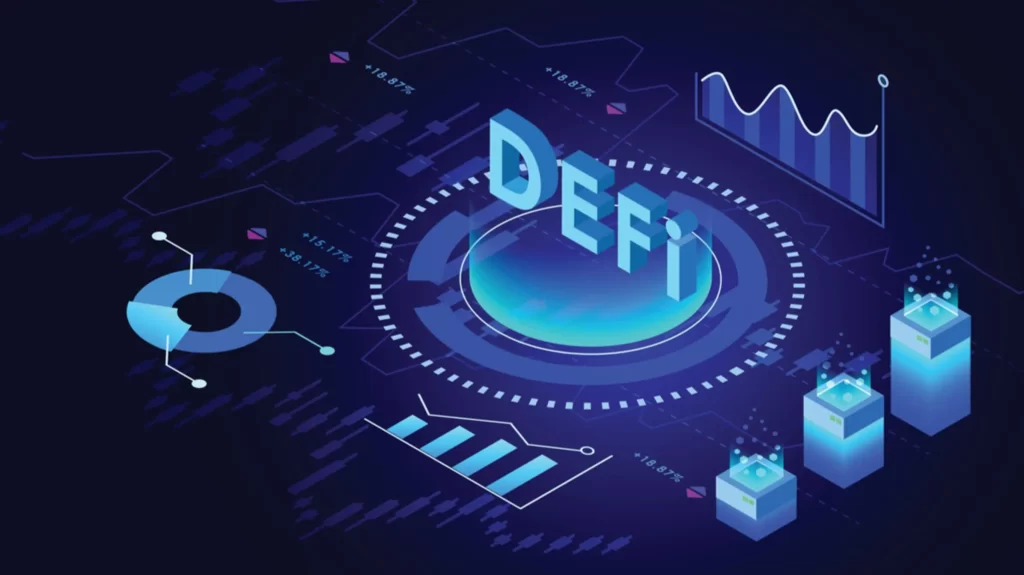
Decentralized finance (DFi) allows two parties to securely transact without the need for a middleman or central authority. This allows more people to access financial services and benefit from better interest rates. One of the earliest applications of DeFi was the creation of stablecoins, which are more stable than cryptocurrencies and can be used for ordinary purchases.
Decentralized finance is a subcategory of the crypto space, but it is not the same as Bitcoin. Rather, it is a term that refers to financial systems enabled by decentralized blockchain technology. The Ethereum blockchain is a prime example of such technology, which creates a decentralized money system without the need for central banks. A DeFi project can offer a number of blockchain-based financial services, including lending and investment.
The decentralized finance industry has seen an explosion of capital. One of the most popular activities within DeFi is lending. This is accomplished through lending protocols, which enable users to borrow funds using crypto-based collateral. These lending solutions command billions of dollars in total value locked at any given time. In addition, they require a stable unit of account, which is why stablecoins are so important to the ecosystem.
Decentralized finance is an emerging technology that uses a decentralized network of computers to facilitate financial transactions without the need for a central bank. By removing the need for a middleman, this type of finance allows for financial transactions to be made by anyone with an internet connection. The concept behind decentralized finance has deep roots in the blockchain, which is a decentralized, immutable public ledger. The blockchain allows all computers to hold a copy of a history of financial transactions. It is believed that this gives nodes control of the ledger.
The decentralized finance (DeFi) ecosystem consists of lending platforms, exchanges, and individual participants. This system is not regulated and functions outside of the traditional financial system. However, it is still gaining traction and is fast becoming an important financial investment option. As more people start to realize the benefits of DeFi, it’s important to understand the pitfalls and risks involved.
DeFi uses blockchain and smart contracts to facilitate financial transactions. Traditionally, financial institutions act as guarantors in transactions and have enormous power and influence. However, in DeFi, smart contracts will replace financial institutions. A smart contract is a computer program that is built on Ethereum that holds funds and sends them based on specified conditions. Unlike traditional banks, smart contracts can’t be changed after they go live. As long as they are programmed correctly, they work as intended.
Decentralized finance also allows for greater transparency. It provides greater financial security and transparency, and unlocks new growth opportunities and liquidity. In addition, it promotes a more integrated economic system. Highly programmable smart contracts also enable the creation of new financial instruments and digital assets. In addition, the immutability of the system also improves security.





More Stories
DeFi and Web3 Personal Finance for Cautious Beginners
Managing Finances for Blended Families and Modern Non-Traditional Households
Wealth Building Strategies for Solopreneurs and Freelance Professionals